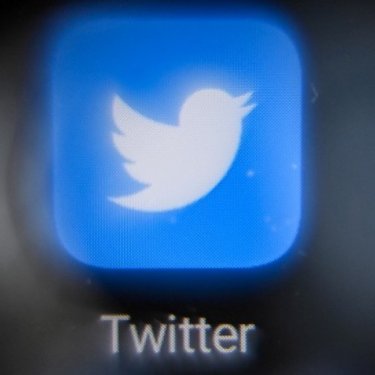Twitter and Elon Musk – US must assume responsibility and impose online safeguards

The shock at the news that Elon Musk is buying Twitter has highlighted the legal void surrounding the major online platforms in the United States. Reporters Without Borders (RSF) calls on the US to finally enable itself to impose online safeguards as the European Union is about to do with its Digital Services Act (DSA).
What will Space X’s billionaire CEO do with his latest conquest? This question has worried Twitter users ever since the social media giant’s board of directors announced on April 25th that it is accepting his buyout offer. The transaction has until October 24th to be completed and much remains unknown about the extent of the changes Musk could make. These fears thrive in the US legal vacuum, which places no democratic controls or safeguards on the economic and digital Wild West in which these platforms operate.
RSF is concerned about the potential threats to free speech and access to information resulting from the lack of a US legal framework, and calls on the White House to do what is needed to end the information chaos. President Biden’s administration has a duty to propose legislation regulating platforms, especially as he campaigned on this issue in 2020. Currently, the only real US law affecting platforms, known as Section 230, treats them as nothing more than content hosts.
“The US system of accountability is totally obsolete, said Vincent Berthier, the head of RSF’s Tech Desk. The platforms’ algorithms and moderation policies assume editorial functions in a completely illegitimate way. The role played by the platforms in shaping and structuring the global online space is no longer in dispute. Safeguards for transparency, neutrality and the promotion of reliable news and information should no longer be begged from owners – they should be imposed by clear and strong laws.”
On the other side of the Atlantic, the EU has just reached a political agreement to adopt the proposed Digital Services Act (DSA). Although imperfect, the DSA has the merit of recognising the platforms’ responsibility in the information chaos. In doing so, it will impose a number of requirements forcing the platforms to correct these harmful effects. The DSA will apply to Twitter, along with other platforms, but only in Europe.
Political and legal void incompatible with US responsibility
The United States is home to most of the leading tech giants that physically and digitally shape the global news and information space. It is therefore up to the US government to regulate the dysfunctions caused by major digital platforms, and to regulate them in a manner consistent with democratic principles.
Last week, the White House issued a Declaration for the Future of the Internet in which it described the role the leading platforms play in making disinformation visible. But the declaration failed to call for the platforms to be regulated and failed to mention the importance that journalism plays in democratic life.
“This is an omission that is very difficult to explain, Berthier added. We cannot make the Internet more democratic by failing to look at the US companies that shape the global news and information space.”
The declaration falls far short of proposing what is needed, including measures with binding legal force, unlike the Declaration on Information and Democracy initiated by RSF, which explicitly targets the leading platforms and defines principles for managing a democratic communication and information space, including reliable news and information, transparency, and political, ideological and religious neutrality.
